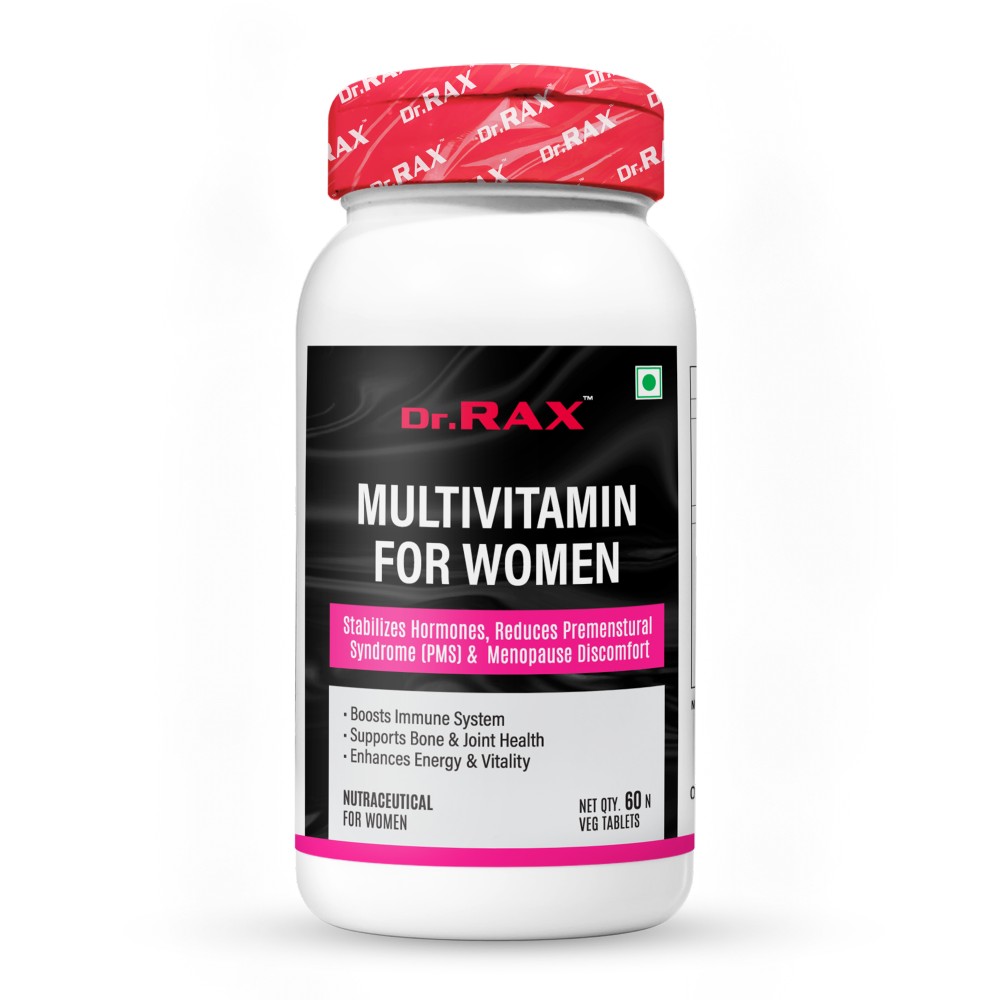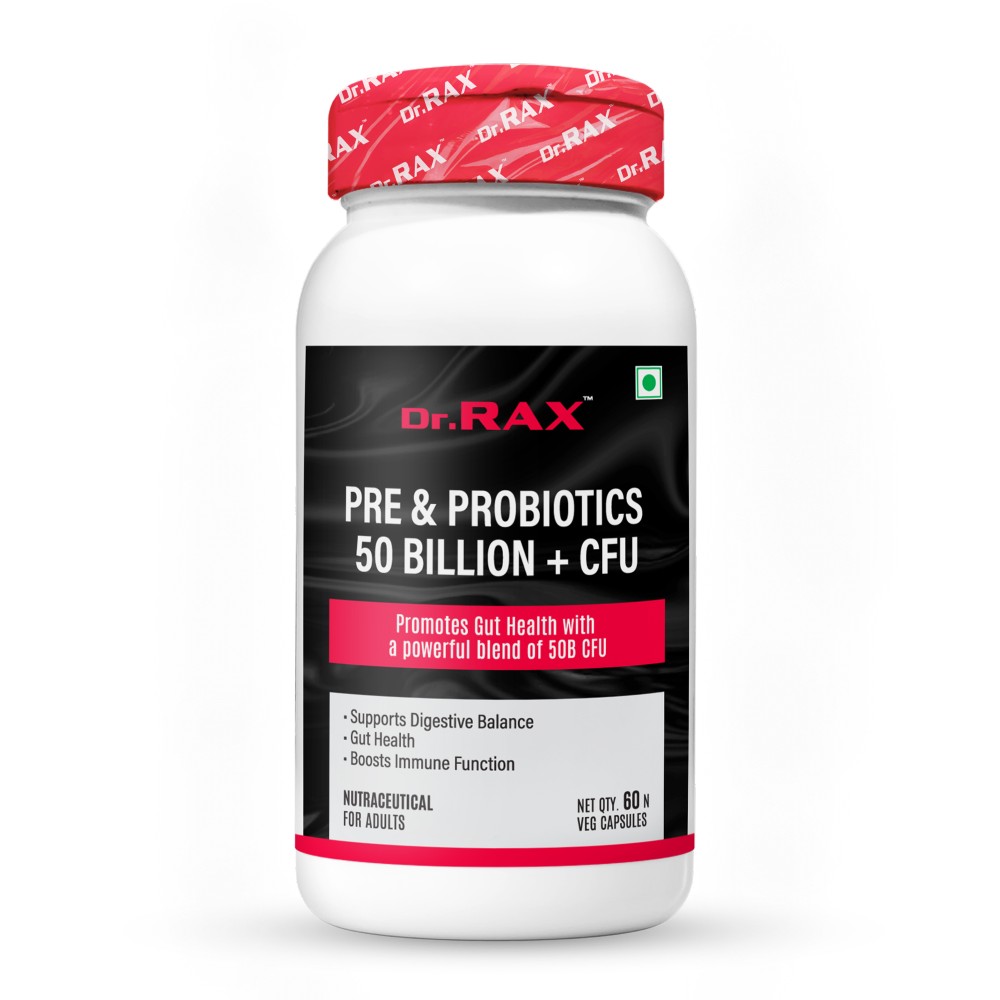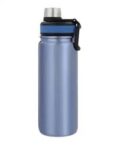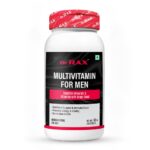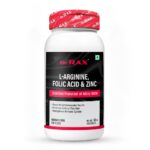
Dietary Supplements: Benefits, Side Effects, Risks, and Outlook
Manufacturers and retailers sometimes use the term “food supplements” to label supplements made from specific ingredients that are not made in a lab, are made to be added to foods, or are high in calories.
For instance, some powdered supplements that are meant to be mixed into a food or beverage might be called food supplements. Supplements that provide calories and are meant to replace a meal or part of a meal can also sometimes be called food supplements.
What’s the outlook for people who take dietary supplements?
It’s important to talk with a healthcare professional about any dietary supplements you take. Although some have been found to improve overall health and lower the risk of certain health conditions, supplements can also come with risks.
The risks and outlook related to taking any supplement depends on the supplement type, the dosage, the reason you’re taking it, and factors such as your overall health and any medications you take.
A healthcare professional can help you understand the possible risks and benefits of any supplement you’re considering.
Takeaway
Dietary supplements such as vitamins, herbs, and minerals can help provide nutrients and improve your overall health.
Supplements have some potential health benefits, and a healthcare professional might recommend that you take a supplement if you have certain health conditions or dietary restrictions.
However, supplements are also associated with side effects and risks. It’s important to talk with a healthcare professional about any supplements you take to make sure they’re safe for you.

